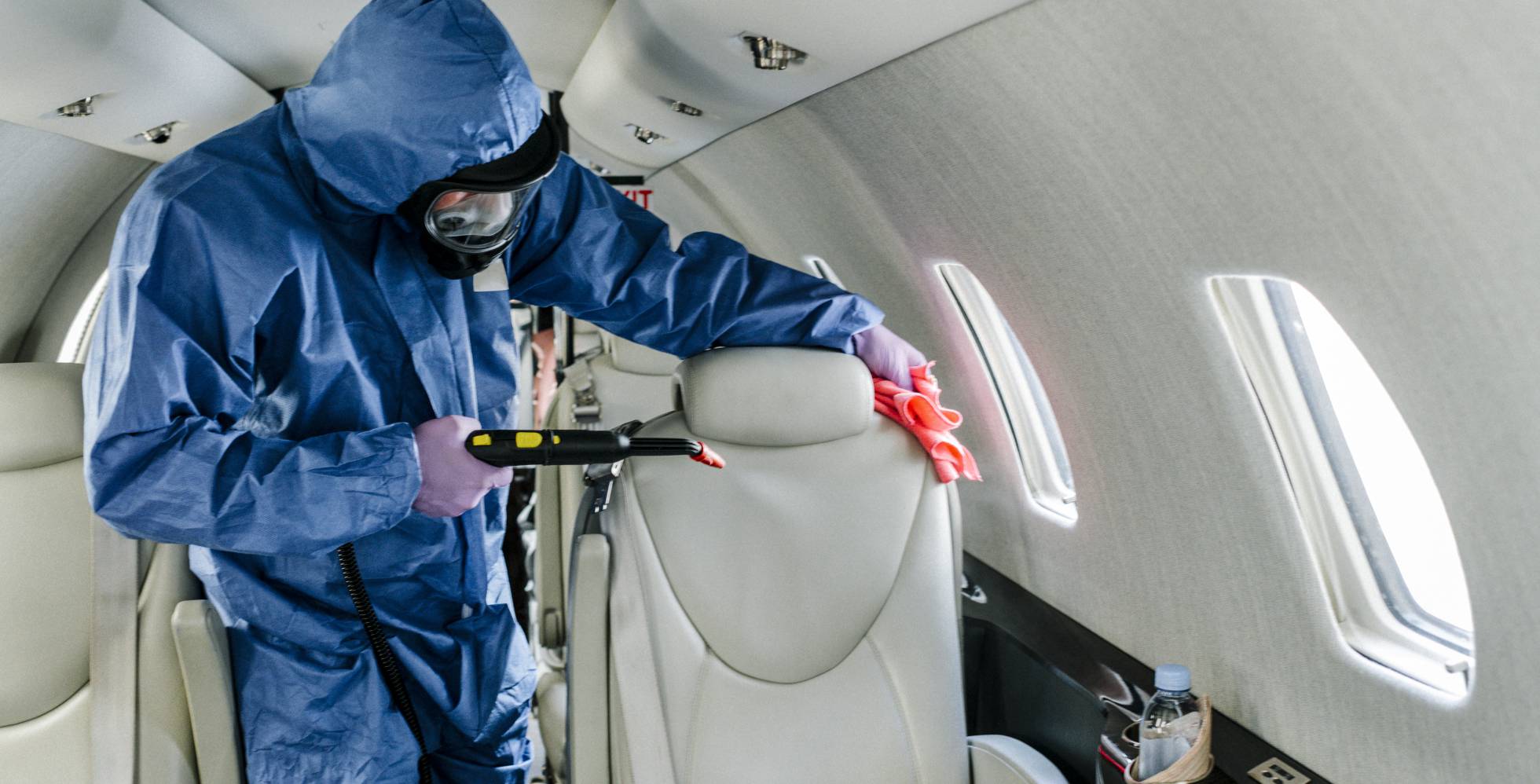The pandemic has completely shaken up the relationship between labels and their customers. Labels have had to innovate to adapt to customer concerns and their new forms of consumption as well as the legal requirements governing public health. The luxury industry was already familiar with these constraints as their consumers are more demanding, meaning companies must offer greater added value.
In the Post-Covid 19 scenario, the additional attractiveness of the premium sector comes from the health guarantees it can offer. Indeed, the creator of LuxStyle Consulting, Juan Borges, believes that “safety will be the new luxury, as technology was a few years ago”. An idea that is accentuated by the demographic variable. Traditional luxury consumers are aged between 45 and 65 years old and enjoy a comfortable economic position. But this is the age group that has been the most affected by the virus and as a result, has the most fear and shows the most insecurity about returning to normal life.
Borges, who predicts that hospitality and tourism will be the most severely affected sectors, believes that for businesses to prosper, they will need to invest in security measures, but without allowing fear to dominate the decision-making process. “We have to keep an eye on profit margins,” the expert reminds us, underlining that the current situation is only temporary. Therefore, it is wise to do as much research as possibly before implementing protocols, and carefully think about which are the most efficient investments, to avoid spending more than is necessary.
A challenge in which communication and transparency are fundamental. The executive director of Les Roches Marbella, Carlos Díez de la Lastra, explains that clients from the luxury world are more demanding about the information they are given. “For them, having information available on a web page is not good enough. The measures may be exactly the same as those taken by a larger organisation, but the clients will appreciate feeling that staff have taken time and attention to explain the measures to them personally,” he notes.
The director of the international school of hotel management tells us that compliance with social distancing requirements is not a concern for the premium sector, as most of the sites are spacious and already offered this distancing before the lockdown. In contrast, Díez de la Lastra expects there to be higher demand for private services, including for customers with a more limited buying power.
An idea shared by the President of the Asociación Española del Lujo, (Spanish Luxury Association) Cristina Martín, who believes that this tragic period will serve to further intensify the value of experiences rather than the material goods. “People are going to seek to enjoy the moment, especially if this is likely to happen again in the future, which could generate a new model of tourism based on offering parallel experiences.
Ana Muñoz Vita – Cinco Días Newspaper

